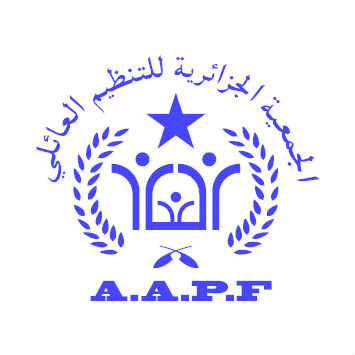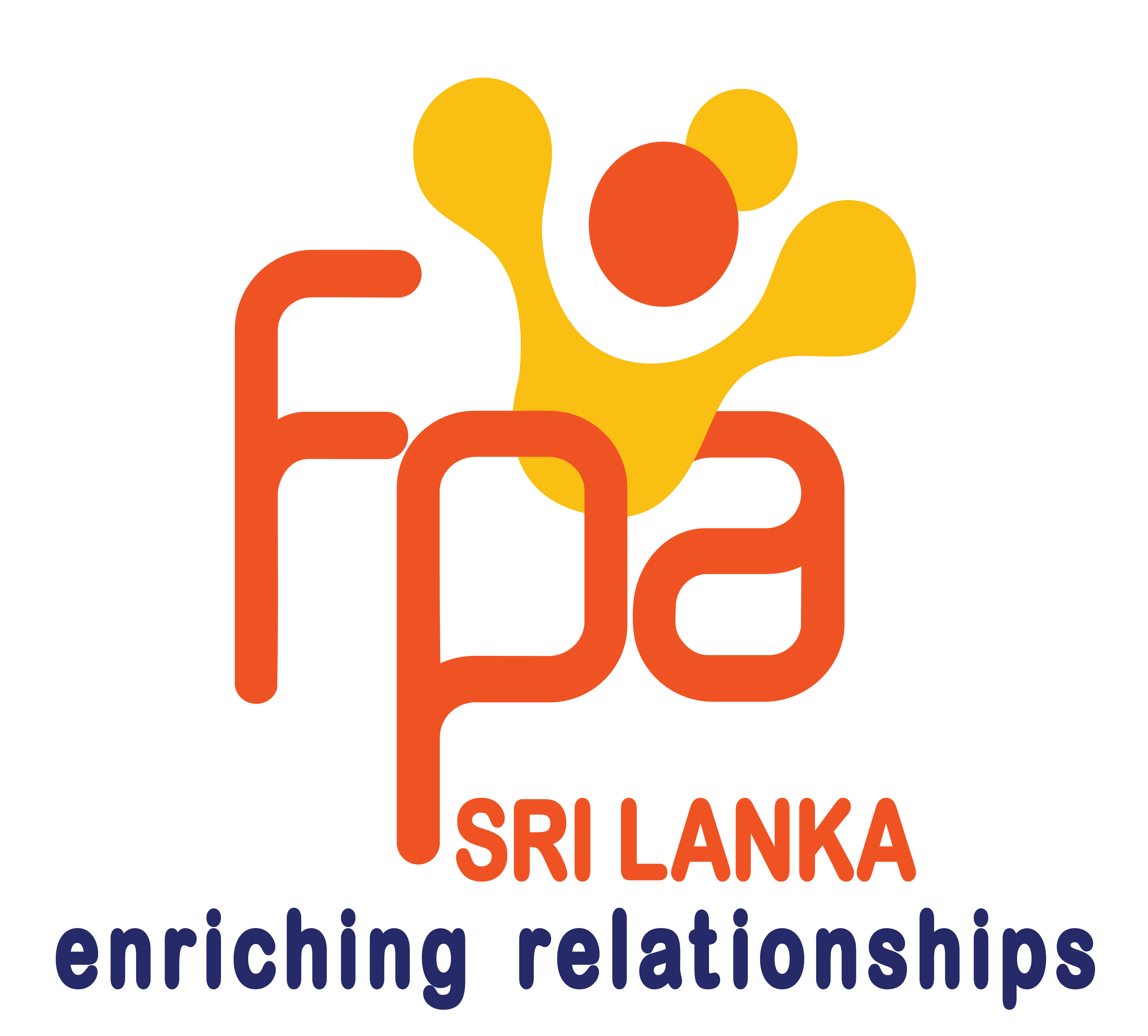

| 31 March 2016
Association Algérienne pour la Planification Familiale
The Algerian Association for Family Planning (AAPF) is a non-profit, non-governmental organisation (NGO), created in 1987. The Algerian Association for Family Planning works for the well-being and development of the individual and the family and promotion of sexual and reproductive rights, and the rights of women and young people. Vision: An Algeria where all individuals make free and informed choices and enjoy full sexual and reproductive health rights, without discrimination or stigma. Mission: To advocate for rights, facilitate sexual and reproductive health services, and ensure access to information for all, especially for vulnerable and underserved groups. AAPF believes: In social inclusion, with a commitment to vulnerable and underserved populations to benefit from sexual and reproductive health rights. In diversity and respect for all people without discrimination. That passion inspires and encourages adherence to and advocacy for sexual and reproductive health rights. That accountability requires transparency and performance that meets the expectations of partners and beneficiaries. Objectives and targets include: Strengthen the commitment of decision-makers to improve the legislative and policy framework for sexual and reproductive health rights, policies in favour of sexual and reproductive health rights and improve the legislative and policy framework for sexual and reproductive health rights. To increase the support and commitment of civil society, particularly women's and youth groups, to the defence of sexual and reproductive health rights. Improve access to comprehensive sexuality education for young people. To increase the population's knowledge of sexual and reproductive health rights. To increase the supply of quality sexual and reproductive health services in collaboration with health partners. To improve the operational efficiency and double the income of AAPF. Expand the base of volunteers and people interested and involved.

| 31 March 2016
Family Planning Association of Sri Lanka
Established in 1953, The Family Planning Association of Sri Lanka (FPA Sri Lanka), pioneered the concept of family planning in the country and is a non-governmental organization (NGO) that explores innovative and challenging processes of family planning in Sri Lanka. We are proud to be one of the most expansive and well known NGO's in the country that focuses on family planning, Sexual and Reproductive Health and welfare. Today FPASL focuses on providing services to marginalized and under-served communities, growing its SRH product range to enhance consumer choice and advocacy to ensure SRHR of all people in the country. FPA Sri Lanka advocates to increase political commitment to sexual and reproductive health education (with political and religious leaders). FPA works with community members specially youth to change norms and attitudes towards SRHR. It promotes the right to access SRH education through island-wide workshops. It seeks to eradicate unsafe abortion and liberalise abortion laws, and it aims to foster community involvement in projects. FPA works with the LGBTIQ community to address stigma and discrimination faced by the community. FPASL has six Service Delivery Points. Clinics offer a comprehensive range of sexual and reproductive health (SRH) services. These include contraception, counselling, diagnostic services, HIV and STI screening and voluntary counselling and testing. FPA Sri Lanka works closely both with the Ministry of Health. The average number of clients per year is 85,862, and average number of SRH services provided is 430,404. The Member Association also addresses key SRH and relationship issues faced by young through the Happy Life Call Centre. This centre provides information on sexual and reproductive health and rights (SRHR) to the general public through a range of new media tools. FPA Sri Lanka has developed a highly successful Social Marketing Programme (contraceptives). Today it’s the market leader in this product category and contributes around 40% of the total CYPs generated in Sri Lanka. By making a range of contraceptive products available to the consumers and supplementing it by the free FP services provided by the government, Sri Lanka has recorded a CPR of around 70%.







